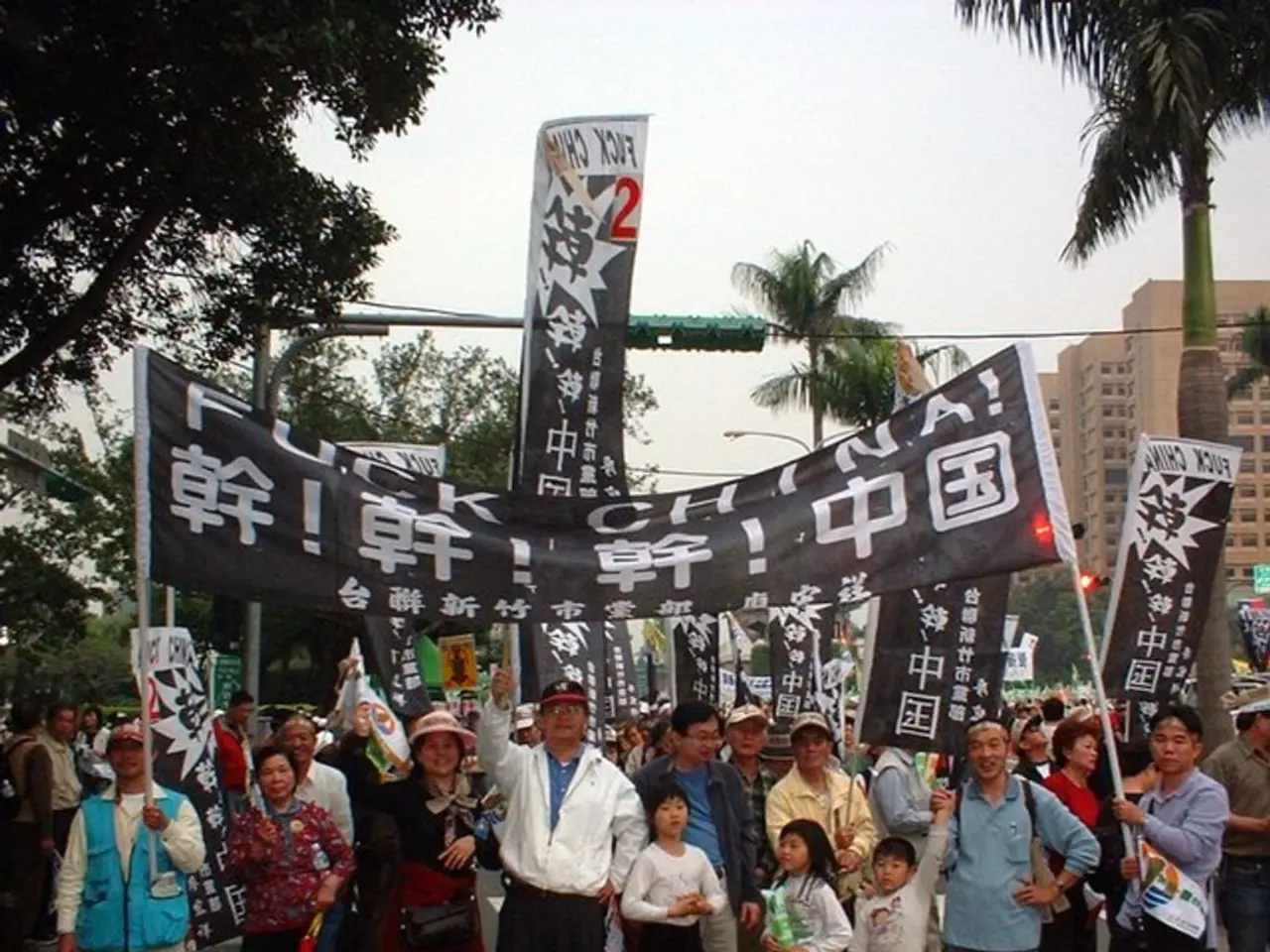Safaricom Faces Intense Criticism over Accusations during Kenyan Demonstrations
Safaricom, Kenya's leading telecommunications giant, finds itself at the heart of controversy following a series of events during the ongoing nationwide protests against a new finance bill. The protests, perceived as a response to worsening economic hardship, have seen the use of platforms like TikTok and X for voicing concerns about the economic situation, corruption, and perceived lack of government accountability.
Recent allegations suggest Safaricom's complicity in the abductions of at least 12 individuals who have been vocal in promoting the protests on social media platforms. Human rights group Amnesty International has condemned these reported abductions, labelling them as "enforced disappearances," a violation of Kenyan law.
However, Safaricom has vehemently denied these accusations, stating they adhere strictly to the country's data protection laws and require a court order to share customer data. Safaricom CEO Peter Ndegwa explained that the internet disruption was due to reduced bandwidth, impacting not only Safaricom but the entire industry.
The internet disruptions have not only affected Kenya but have also impacted neighbouring nations. NetBlocks, an internet rights watchdog, has highlighted the suspicious timing of the outage, coinciding with ongoing protests.
The violent crackdown on protestors has further inflamed tensions, with the Police Reforms Working Group Kenya (PRWG-K) urging the government to immediately cease these unlawful practices and release all individuals who have been arbitrarily detained.
President William Ruto has declined to sign the Finance Bill 2024, and the bill is to be sent back to Parliament before they break for recess today. Kenyans online are accusing Safaricom of collusion with the government to suppress dissent, alleging that the company provided user data and real-time locations.
Safaricom, a vital part of Kenya's digital infrastructure, now finds itself entangled in a web of distrust, facing a delicate balancing act: navigating government regulations while maintaining the trust of its customers. The coming days will be crucial, with Kenyans demanding transparency and accountability from both the government and the telecom player while navigating a fractured relationship.
The latest statement regarding the internet outage and subsequent accusations against Safaricom was made by Peter Ndegwa, the CEO of Safaricom. At least 13 fatalities have occurred during these protests, according to Reuters. The protests have resulted in a nationwide internet disruption, adding fuel to the fire of public outrage.
As the situation unfolds, it is crucial for all parties involved to act with integrity and transparency to restore public trust and ensure the protection of human rights.







